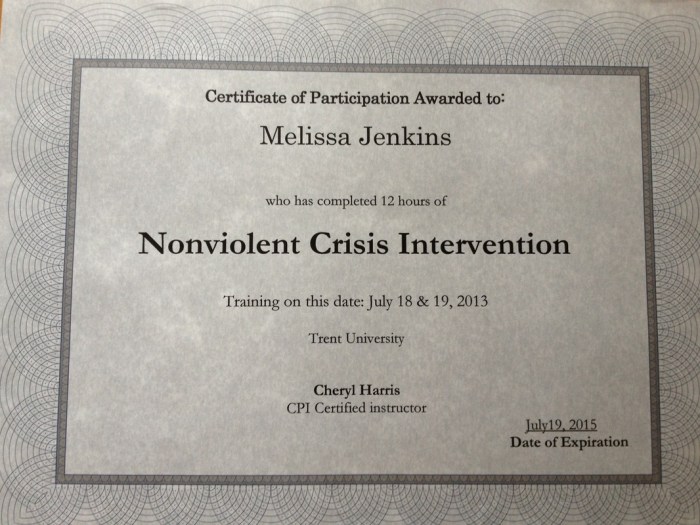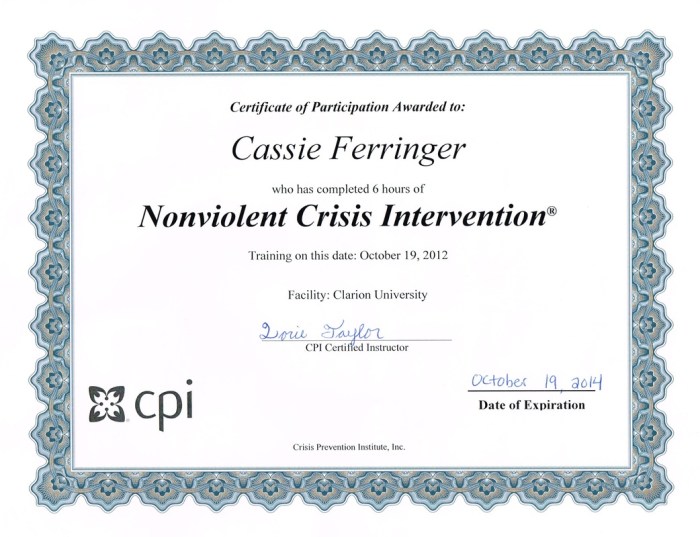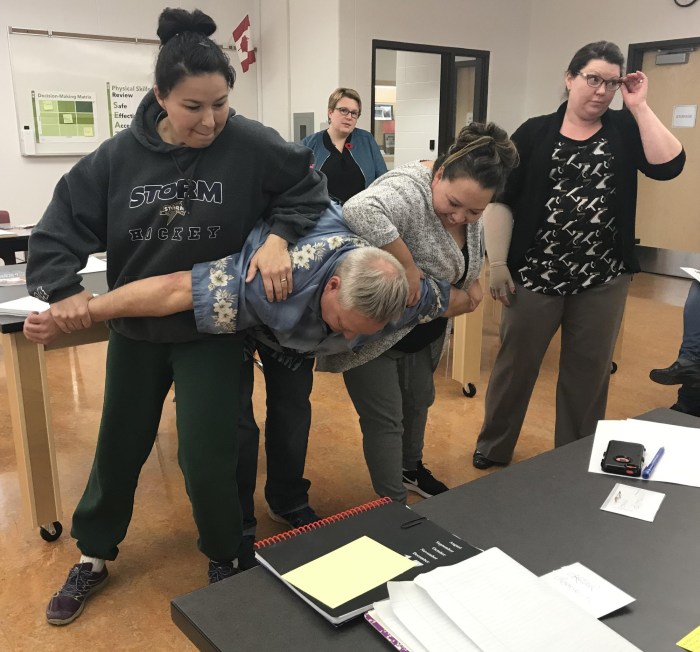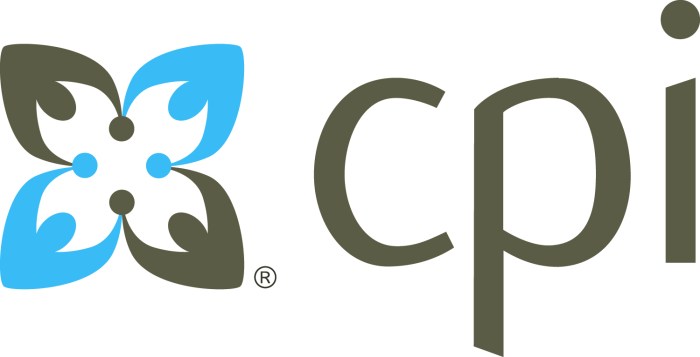The CPI Nonviolent Crisis Intervention Certification empowers individuals with the knowledge and skills to effectively manage crisis situations without resorting to violence. This comprehensive training program equips professionals in various fields with the principles, methods, and ethical considerations essential for de-escalating and resolving conflicts peacefully.
Through a combination of theoretical knowledge and practical application, the CPI Nonviolent Crisis Intervention Certification prepares participants to navigate challenging situations with confidence and competence. By embracing the core principles of prediction, prevention, preparation, and practice, individuals gain the ability to anticipate and mitigate potential crises, ensuring the safety and well-being of all involved.
Definition and Overview of CPI Nonviolent Crisis Intervention Certification

CPI Nonviolent Crisis Intervention Certification is a specialized training program designed to equip individuals with the knowledge and skills to safely and effectively intervene in crisis situations without resorting to violence or coercion. This certification is recognized as a standard of excellence in the field of crisis management and is widely used in various settings, including schools, healthcare facilities, and law enforcement agencies.
The CPI Nonviolent Crisis Intervention training program consists of a comprehensive curriculum that covers the core principles, methods, and procedures for handling crisis situations. Participants learn to assess and de-escalate crisis behaviors, apply verbal intervention techniques, and use physical interventions as a last resort when necessary.
The training also emphasizes the importance of ethics, legal considerations, and cultural sensitivity in crisis intervention.
Obtaining CPI Nonviolent Crisis Intervention Certification provides several benefits, including:
- Enhanced ability to safely and effectively intervene in crisis situations
- Improved communication and de-escalation skills
- Increased confidence in handling challenging behaviors
- Reduced risk of injuries or harm to both the individual in crisis and the intervener
- Compliance with legal and ethical standards for crisis intervention
Core Principles of CPI Nonviolent Crisis Intervention

CPI Nonviolent Crisis Intervention is based on several key principles:
- De-escalation:The primary goal is to de-escalate the crisis situation and prevent it from escalating into violence.
- Least restrictive intervention:Interveners should use the least restrictive measures necessary to ensure safety.
- Empowerment:Individuals in crisis are treated with respect and dignity, and their rights are protected.
- Cultural sensitivity:Interveners are trained to be aware of and respect cultural differences that may influence crisis behaviors.
- Trauma-informed care:Interveners understand the impact of trauma on individuals in crisis and use trauma-informed approaches.
The “4 Ps” (Predict, Prevent, Prepare, Practice) are essential to CPI Nonviolent Crisis Intervention:
- Predict:Identifying potential crisis situations and triggers
- Prevent:Implementing strategies to prevent crisis situations from occurring
- Prepare:Developing plans and procedures for responding to crisis situations
- Practice:Regular training and practice to enhance skills and confidence
Methods and Procedures for Crisis Intervention

CPI Nonviolent Crisis Intervention employs various methods and procedures for handling crisis situations, including:
- Verbal intervention:Using verbal de-escalation techniques to calm and reason with individuals in crisis
- Physical intervention:As a last resort, using physical techniques to restrain or control individuals who pose a danger to themselves or others
- Environmental management:Modifying the environment to reduce triggers and create a safe space
- Teamwork:Collaborating with colleagues and other professionals to ensure a coordinated and effective response
- Documentation:Accurately documenting crisis interventions for legal and quality assurance purposes
The step-by-step procedures for handling crisis situations typically involve:
- Assessing the situation and identifying potential risks
- Establishing communication and rapport with the individual in crisis
- Using verbal intervention techniques to de-escalate the situation
- Implementing physical interventions if necessary to ensure safety
- Providing post-crisis support and follow-up
Applications of CPI Nonviolent Crisis Intervention

CPI Nonviolent Crisis Intervention is applicable in various settings, including:
- Schools:To address behavioral issues, prevent violence, and create a safe learning environment
- Healthcare facilities:To manage aggressive or disruptive patients, ensure staff safety, and provide a therapeutic environment
- Law enforcement:To de-escalate conflicts, prevent injuries, and protect both officers and the public
- Correctional facilities:To maintain order, reduce violence, and promote rehabilitation
- Community settings:To respond to mental health crises, provide support to individuals in distress, and prevent homelessness
CPI Nonviolent Crisis Intervention enhances professional practice in these fields by providing a standardized and effective approach to crisis management. It helps professionals to:
- Reduce the risk of violence and harm
- Improve communication and build relationships with individuals in crisis
- Promote a safe and supportive environment
- Comply with legal and ethical standards
- Enhance their own safety and well-being
Top FAQs: Cpi Nonviolent Crisis Intervention Certification
What are the benefits of obtaining CPI Nonviolent Crisis Intervention Certification?
CPI Nonviolent Crisis Intervention Certification provides individuals with enhanced crisis management skills, increased confidence in handling challenging situations, improved communication abilities, and a deeper understanding of ethical considerations and best practices.
What are the key principles of CPI Nonviolent Crisis Intervention?
The key principles of CPI Nonviolent Crisis Intervention include prediction, prevention, preparation, and practice. These principles guide individuals in anticipating and mitigating potential crises, effectively de-escalating conflicts, and ensuring the safety of all involved.
What are the different methods used in CPI Nonviolent Crisis Intervention?
CPI Nonviolent Crisis Intervention utilizes a range of methods, including verbal intervention, de-escalation techniques, physical interventions (if necessary), and post-crisis follow-up. These methods are tailored to the specific needs of each situation, ensuring a safe and effective response.